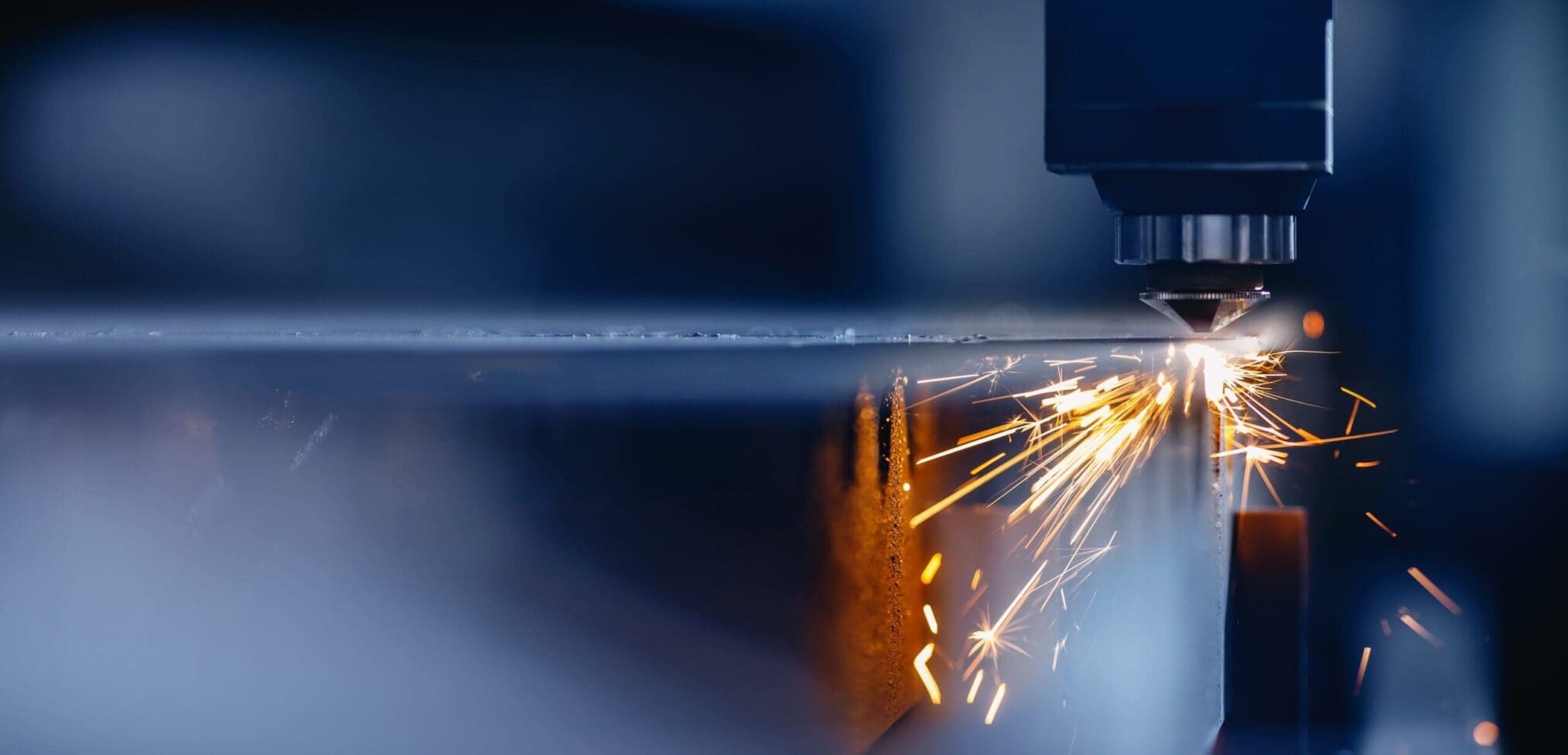In many cases it is possible for some products to have found their way onto the European Market without having undergone the proper Compliance screening processes or having been awarded an official CE Marking. In these types of cases, manufacturers may well feel that there is no real pull factor to encourage them to seek CE certification and that the onus to request information on such issues falls outside the realm of their responsibility. This, of course, is not the case. The most important thing to note in instances like these is simply that a product’s presence on the market does not imply compliance.
Identifying and complying with all relevant European regulations and directives (for example the General Product Safety Directive EU 2001/95/EC) falls entirely onto the manufacturer of a product – regardless of whether they are seeking to enter the European market or if they have long been established on it (this can be especially relevant in cases of updates in regulations). All manufacturers and distributors should feel the pressure to ensure absolute compliance as failure to meet standards can result in products being removed from the market, loss of CE certification, or recall/destruction of the product in question.
Another factor in the uncertified products’ presence on the European market is the trend of descending knowledge surrounding EU regulations in those coming into contact with a product. In other words, the less likely (or less required) to know about EU regulations a body is, the less likely they are to report or request any compliance certification. The descending order of functional understanding is as follows:
- Importers
Importers are likely to have a working knowledge of EU regulations as they are the ones applying to bring a product into Europe. - Distributors
Less likely than importers, and harder for regulatory bodies to monitor than importers bringing a product into a country through a recognised channel. - Large Retailers
Should a retailer be specialised in a specific category of product then they are somewhat likely to be aware of the applicable EU regulations and equally likely to request information on a product. However, each retailer is different; while some may well request information, others may opt to disregard it completely. - Boutique Retailers
Somewhat unlikely to have a working knowledge of regulations. For some retailers, an uncertified product may make up a very minute percentage of their total stock. They may not have the footfall or the know-how to enquire about compliance issues, or may have too large a range of products to follow up on so many enquiries.
While products with non-compliance issues may prove detrimental to retailers and distributors in the long-term due to the loss of profits incurred through market removals, the onus still rests on the manufacturer to ensure compliance as the only body eligible to take steps towards it. However, the power is not ultimately out of the retailers’ hands, as they may reference the RAPEX system for a comprehensive list of products currently not in compliance with European regulations.
In summation, while a non-compliant product may very well be currently found on the market, that does not mean that it is allowed to be there and it is advisable for manufacturers who are aware of any compliance issues to take corrective measures immediately with the assistance of an Authorized Representative.
For more information on European compliance matters and how they may affect your product, to enquire about our CE Marking and European Authorized Representative services, or for legislative advice, contact Obelis’ team of regulatory experts today!


